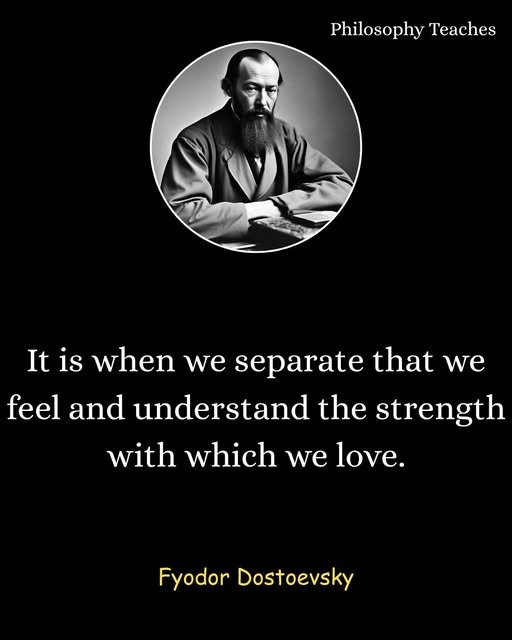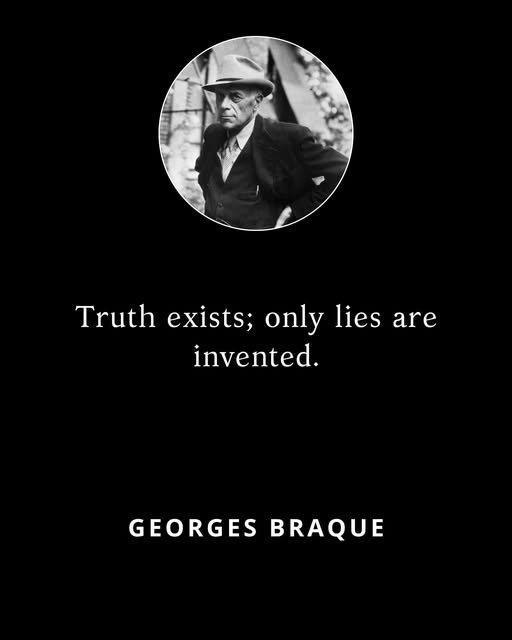William Shakespeare’s \"Hamlet\" is a masterpiece that transcends time, weaving a tale of revenge, madness, and existential reflection that continues to resonate with audiences centuries after its creation. At its core, Hamlet is the story of a young prince grappling with the weight of his father’s murder and the moral dilemmas of avenging his death. But it is so much more than a simple revenge tragedy—it is a profound exploration of human nature, filled with layers of complexity and timeless questions about life, death, and the choices we make.
The play begins with a ghostly apparition, setting the stage for a story steeped in mystery and intrigue. Hamlet’s father, the former king, appears to him, revealing that he was murdered by Hamlet’s uncle, Claudius, who has since taken the throne and married Hamlet’s mother, Gertrude. This revelation plunges Hamlet into a spiral of doubt, anger, and existential questioning. His famous soliloquy, “To be, or not to be,” captures the essence of his inner turmoil as he contemplates the meaning of life and the fear of the unknown that comes with death.
What makes Hamlet so captivating is its deeply human protagonist. Hamlet is not a traditional hero; he is flawed, indecisive, and often paralyzed by his own thoughts. Yet, it is these very qualities that make him relatable. His struggle to reconcile his desire for justice with his fear of the consequences mirrors the internal conflicts we all face. Shakespeare’s genius lies in his ability to make Hamlet’s journey feel intensely personal, as if we are walking alongside him through every moment of doubt and despair.
The supporting characters add richness to the narrative, each serving as a foil to Hamlet’s complexity. Ophelia’s tragic descent into madness highlights the destructive power of grief and manipulation, while Claudius embodies the corrupting influence of ambition and guilt. Even Polonius, with his long-winded speeches, provides a touch of humor and irony, reminding us of the absurdity that often accompanies human endeavors.
Shakespeare’s language is, of course, another reason Hamlet remains a cornerstone of literature. The play is filled with unforgettable lines that have seeped into the cultural consciousness, from “Something is rotten in the state of Denmark” to “The lady doth protest too much, methinks.” The poetic beauty of the text, combined with its raw emotional power, makes every scene a feast for the mind and soul.
In the end, Hamlet is a play that defies easy interpretation. It is a story about revenge, yes, but also about love, betrayal, madness, and the search for truth in a world that often feels chaotic and meaningless. Its enduring appeal lies in its ability to speak to the universal human experience, inviting us to reflect on our own lives and the choices we make. Whether you’re encountering it for the first time or revisiting it after many years, Hamlet is a work that will leave you pondering long after the final curtain falls.







































.jpg)





.jpg)

.jpeg)
.jpg)

.jpg)




.jpg)


.jpg)







.jpeg)

.jpeg)
.jpg)










.jpg)
.png)




.jpeg)

.jpeg)







